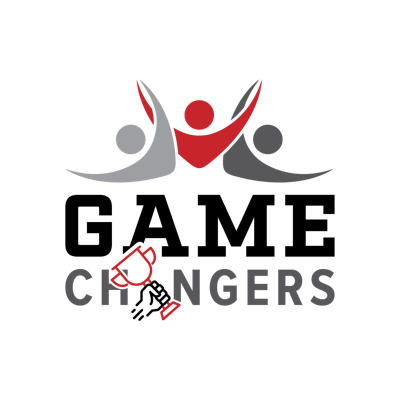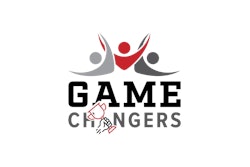
Megan Rose is the managing director of USTA Coaching. Rose and her team recently hosted "Women in Coaching: A Cross-Sport Collaboration," a summit that brought together coaching leaders from across the NBA, NFL, WNBA, MLS and tennis to confront one of the most persistent equity gaps in sports: the lack of women in coaching roles.
She recently answered questions for Athletic Business related to gender equality in the coaching profession and her biggest takeaways from the summit.
Athletic Business: How did you get started in USTA Coaching?
Megan Rose: My involvement with USTA Coaching grew out of my broader journey with the USTA and my passion for helping coaches thrive. Throughout my career, I’ve worked in a variety of roles across the tennis industry, from leading major events to working with the Olympic and Paralympic teams. But when the idea of USTA Coaching was introduced, I knew it was something special.
This was a chance to help build a new organization from the ground up, focused entirely on coaches. Whether you are just starting out or have been coaching for decades, USTA Coaching is designed to support your growth. For me, having been both a player and a coach, it was personal. I know what a difference a great coach can make. I wanted to help create a space that gives coaches the tools, confidence, and recognition they deserve.
AB: What do you think the impact of USTA Coaching will be, specifically when it comes to growing the number of female coaches?
 Megan Rose, USTA Coaching Managing Director
Megan Rose, USTA Coaching Managing Director
MR: USTA Coaching has the potential to reshape the entire coaching landscape by widening the definition of who can be a coach and creating accessible pathways for anyone who wants to get involved, whether they’re just starting out or have been in the game for years. From tennis parents and high school teachers to part-time instructors and full-time professionals, our goal is to provide the tools, services and support coaches need to grow. At its core, USTA Coaching is about making the profession more inclusive, sustainable and connected, so more people can step into coaching and stay in it.
That mission is especially critical when it comes to women in coaching. I believe USTA Coaching can play a major role in not only increasing the number of female coaches but also helping them thrive long term. We know that women often face barriers to entry, advancement, and retention in the coaching profession. To address that, USTA Coaching introduced a three-pillar strategy built to amplify visibility, grow the pipeline, and modernize the system for future generations. The goal is not just to get more women into coaching, but to help them succeed on their own terms.
AB: What can female coaches across all sports learn from one another in terms of encouraging the next generation and fighting for new opportunities?
MR: There is real power in shared experience. Across all sports, women coaches face many of the same challenges, from underrepresentation to a lack of mentorship to facing systems that are just simply not built for women. But what we also share is a deep commitment to our athletes and a desire to leave the game better than we found it.
One thing we can all do is make space for each other. That includes mentorship, visibility and actively advocating for better systems. The next generation needs to see that coaching is a space where we belong and lead. The more we collaborate and connect across sports, the stronger and more actionable strategies can be adopted at every level of play.
AB: What changes would you love to see in the sports industry to involve more women?
MR: I would love to see more intentional investment in the development of women at all stages of their careers, and more structures put in place to truly support women. That includes better pathways into coaching, more leadership opportunities, return-to-work and maternity leave support and systems that make it easier to stay in the profession over time.
This also means rethinking what success looks like in coaching. It is not just about championships or rankings, although we need more women coaching at the highest levels as well. It is about impact, relationships and community. We also need to provide practical support, like access to childcare, flexible schedules and mental health resources, to create an environment where more women can succeed at all levels of coaching. The more we recognize and address the realities women face, the more inclusive and effective the sports industry can become.
AB: Can you share some of your takeaways from the "Women in Coaching: A Cross-Sport Collaboration" summit hosted during the US Open?
MR: USTA Coaching hosted the summit, which was an amazing opportunity for us to connect with women and allies across different sports who are all working to create change. One of the most powerful takeaways for me was the importance of visibility. When women see other women coaching at high levels, it reinforces that they can do it too.
We also talked a lot about systemic change. It is not enough to simply invite women into existing structures. We need to design systems that support them from the start. What stood out the most was the shared commitment to making coaching a space where more women feel welcome, respected and empowered. That begins with the culture leaders create. When leaders prioritize inclusion, accountability and respect, they set the tone for everyone else. The energy in that room reminded me that change is already happening, and that we are stronger when we move forward together.




































